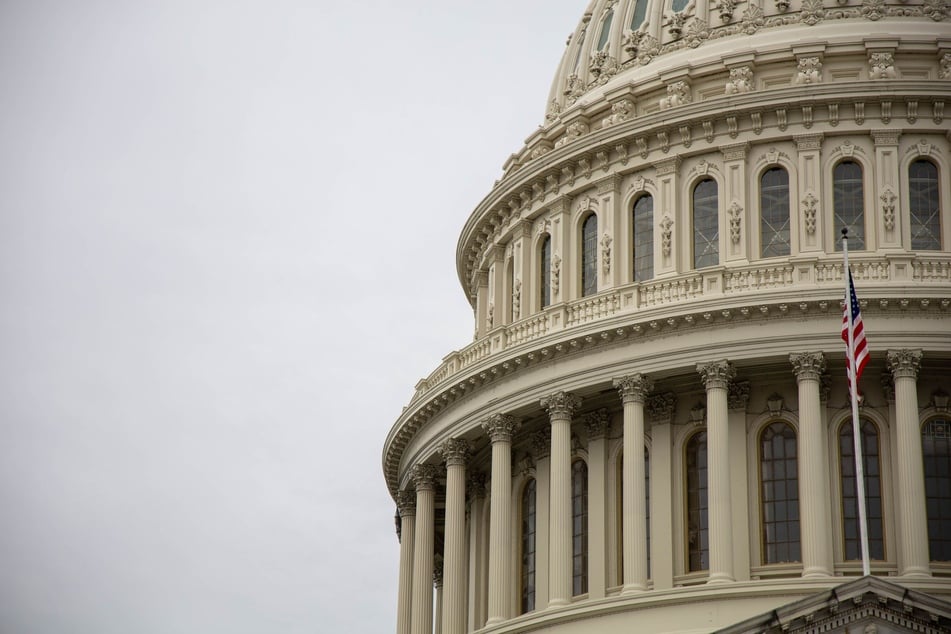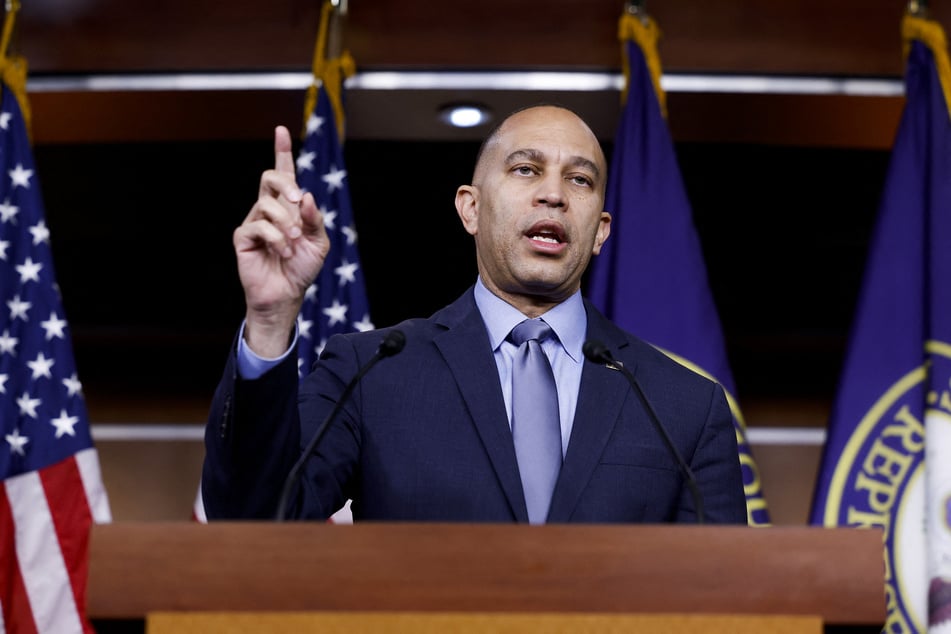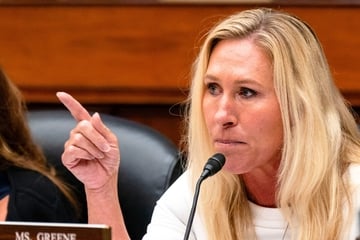House of Representatives clears key hurdle in race to avert government shutdown
Washington, DC - On Tuesday lawmakers approved a stop-gap bill to keep the government open as its funding runs out, greatly reducing the threat of a painful shutdown that would leave government workers without pay over Thanksgiving and Congress unable to address urgent crises in Ukraine and Israel and Gaza.

With the Capitol paralyzed by infighting for much of its latest session, neither the Democratic-led Senate nor the Republican House of Representatives passed 2024 budgets for the various federal departments by the deadline of midnight Friday into Saturday.
The House approved a bill that essentially puts off the problem until January of 2024 – a presidential election year – but the majority Republicans needed help from Democrats amid a rebellion among conservatives irritated by the temporary fix.
The so-called "laddered continuing resolution" now moves to the Senate, where it is expected to get a smoother ride, giving lawmakers precious extra weeks for a broader debate on funding the government for the full year.
Worried strategists in Congress and the White House have been outlining the stakes for weeks: a shutdown would mean the world's largest economy pumping the brakes from Saturday – with up to 1.5 million public workers sent home without pay, days before the Thanksgiving holiday.
Most federal facilities – including national parks from the iconic Yosemite and Yellowstone in the west to Florida's Everglades swamp – would close and the air traffic control system could be curtailed, snarling Americans' Thanksgiving travel plans.
The stop-gap bill approved by the House includes none of the policy priorities or drastic spending cuts the Republican right flank is pushing for, but more than 90 no votes from conservatives were canceled out by wide support from Democrats.
Members of Congress weigh in on the newest stop-gap bill

"House Democrats have repeatedly articulated that any continuing resolution must be set at the fiscal year 2023 spending level, be devoid of harmful cuts and free of extreme right-wing policy riders," Democratic House Minority Leader Hakeem Jeffries said, announcing his support.
"The continuing resolution before the House today meets that criteria."
Budget votes in Congress regularly turn into a standoff, with one party using the prospect of a shutdown to seek concessions from the other, usually without success.
This one was seen as the first major test of new House Speaker Mike Johnson's leadership, after allies of former president Donald Trump, furious that their leadership had reached a deal with Biden to extend funding, successfully moved to oust Johnson's predecessor Kevin McCarthy in October.
The historic rebellion left the lower chamber paralyzed for three weeks as Republicans struggled to find a replacement leader, even as the deadly Hamas attack on Israel and war in Ukraine spurred calls for quick congressional action.
"I've been in the job less than three weeks. I can't turn an aircraft carrier overnight," Johnson told reporters as he defended his plan, which pushes back funding deadlines to January and February for different parts of the government.
"But this was a very important first step to get us to the next stage so that we can change how Washington works."
Democrats had pressed for their own add-ons – including aid for Israel, Ukraine, and Taiwan – but each now looks set to be dealt with separately, with a $61 billion request from the White House for Kyiv looking particularly precarious amid conservative opposition.
Johnson was able to rely on impatience with the chaos of recent months – plus the looming holiday – to work in his favor.
Cover photo: Unsplash/Joshua Sukoff

